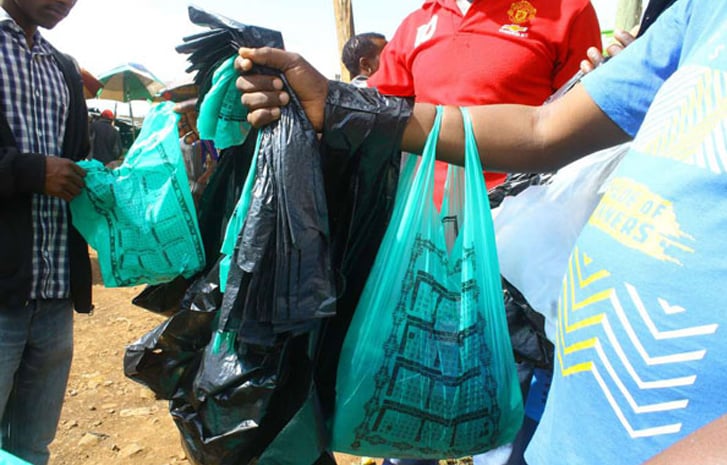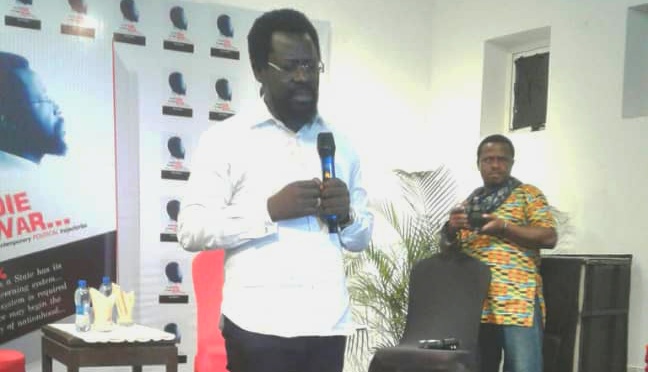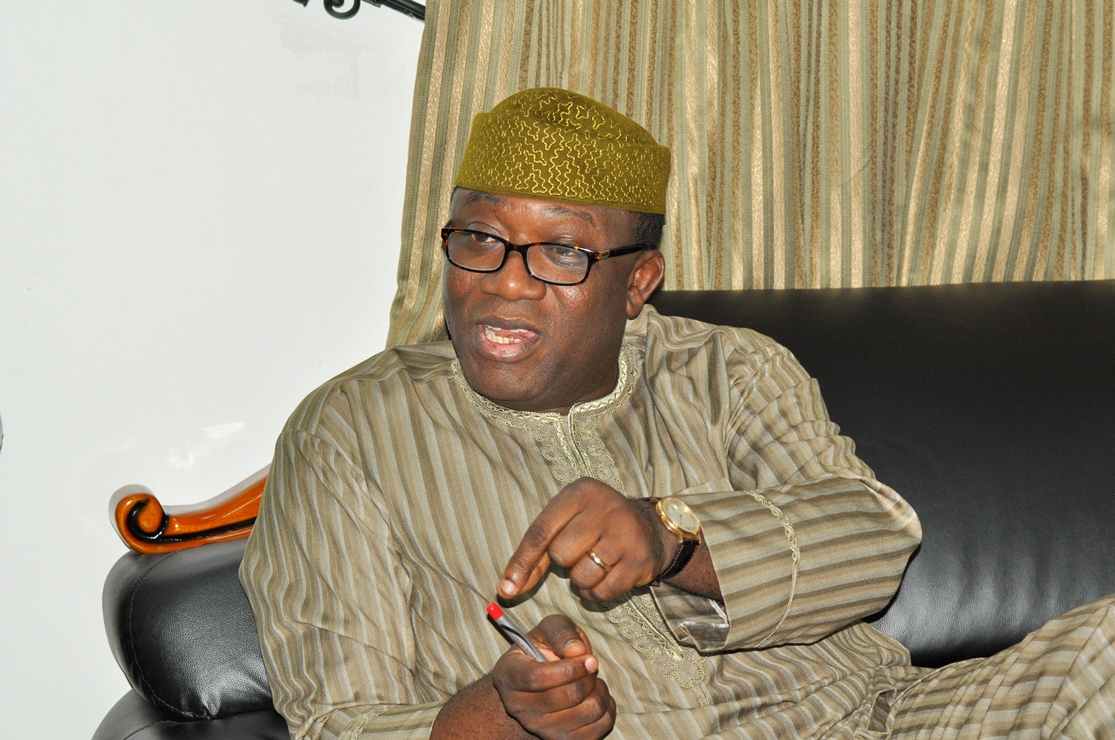BY AIZIGHODE OBINYAN
The Nigerian National Assembly is reportedly currently considering a legislation titled: “Plastic Bags (Prohibition) Bill, 2018, HB1437”.
The Bill is for an Act to among other things prohibit the use, manufacture, and importation of all plastic bags used for commercial, and household packaging in order to address it’s harmful impacts to oceans, rivers, lakes, forests, environment, wildlife as well as human beings and also to relieve pressure on landfills and waste management and for other related matters. This article examines the practicability of implementing the Bill as currently framed.
The Bill contains only 3 Sections which focus on (1) prohibition of use, production and importation of plastic bags; and prescribes paper bags as alternative packaging materials; (2) penalties for offences; and (3) citation for the Bill. Honourable Deacon Sergius Ose Ogun, Member of the House of Representatives in a legislative brief, highlighted that the Bill will fill a lacuna in the country’s legal framework. He stated that the Bill seeks to give a solid foundation for regulating plastic bags to the National Environmental Standards and Regulations Enforcement Agency (NESREA), and other relevant environmental protection agencies. NESREA, he notes, is statutorily empowered to enforce compliance with regulations on importation, exportation, production, distribution, storage, sale, use, handling and disposal of hazardous chemicals and waste, apart from those in the oil and gas sector.
Advertisement
The rather concise Sections in the Bill, prescribe and pronounce new habits that require much heaving to accomplish given certain national dynamics. Without addressing implementation questions, and the local history of poor enforcement of laws, it is apparent that this straitjacketed approach to ending harmful environmental practices in Nigeria could backtrack an already dire situation.
The legislature should consider Nigeria’s local dynamics of population, poverty, and political will:
At a projected 193million people (in 2016), new law must contemplate its ‘reach’ and ‘how’ it can be successfully implemented across the Nigerian Federation. The Bill merely imposes a ban. It does not specify implementing agencies. To presume that NESREA will implement it is hasty; as is to presume that NESREA is capable of enforcement of the legislation. It is necessary to review, enhance and/or create new implementing structures and agencies/sub-agencies to effectively monitor and enforce the ban across the country.
Advertisement
Over 90 million Nigerians live in extreme poverty. The sudden ban on plastic bags would adversely impact production factories, importation enterprises, as well as several businesses on the plastic bag value chain where citizens earn a living. No mention is made in the Bill of alternative strategies to save lost jobs and enable economic reintegration of persons affected, particularly, the poor and vulnerable groups. Asides, there is need to consider accessibility, availability, and affordability, of would-be alternative sustainable packaging materials to the poor and vulnerable groups in the country.
Nigeria’s political and socioeconomic development yet revolves around the political officeholder. Therefore gains are measured in 4-year terms and not in line with a long-term national development blueprint. Nigeria needs a development blueprint that is sustainable, relatively, irrespective of changes in political offices. The Bill which does have a noble intent to tackle unsustainable environmental practices could therefore become a victim of the political system. Secondly, springing from the National Assembly, the legislation would need the active support of other arms and levels of government in the form of adoption, agency financing, monitoring and enforcement, reporting and evaluation, et al. Thirdly, administrative inefficiencies still abound in the public service sector and these too have potential to temper the legislation, introduce uncertainty, and worsen the environmental challenges. The Bill should therefore stipulate other enabling legislation, and also recommend stakeholder oversight roles on NESREA, et al to ensure that the legislation is effectively implemented.
Other thoughts. There is a need for the Bill to contemplate and address certain current waste management challenges including but not limited to
– proper waste disposal, collection and management of current stock of plastic bags in homes, streets, drainages, as well as in production, distribution and retail stores, etc.
Advertisement
– funding for enforcement of the ban across the country. Does this legislation not require additional, and perhaps substantial funding for its implementation? Does NESREA have such funding? What strategies are in place to get stakeholders to collaborate effectively on the goals?
– research into alternative sustainable packaging materials (such as leaves, cotton, paper, recycled plastic bags etc.); and importantly, advocacy and campaign to stakeholders on these ideas and programs.
– incentives and/or support for the production, distribution and use of the alternative sustainable packaging materials; and for recycle/reuse of waste materials in these new contexts, et al.
– timeline for effective implementation of the ban. There is a popular saying that it takes 21days to form a new habit. Pro-people legislation would wean citizens/groups-to-be-affected, off unhealthy reliance on plastic bags; and enable them to embrace environment friendly alternative materials.
Advertisement
Perhaps, the Legislature’s straitjacketed Bill and urgency is due to damning report revealing that 80-90% of plastic waste is inadequately disposed and therefore at risk of polluting rivers and oceans in Nigeria. And it is common news that, Nigeria simultaneously faces the grave environmental challenges in the Niger-Delta including pollution from fossil fuel spillage to gas flaring etc.
These however should propel the government to utilise scarce resources efficiently. The distinguished Legislature and relevant stakeholders should address the above issues among others, and enact sound legislation that would successfully end plastic bags usage, production and importation in(into) Nigeria as is necessary.
Advertisement
Obinyan is a legal practitioner with a passion for sustainable waste management and environmental development in Nigeria. She can be reached at [email protected] and @ZeeObinyan (Twitter).
Advertisement
Add a comment






